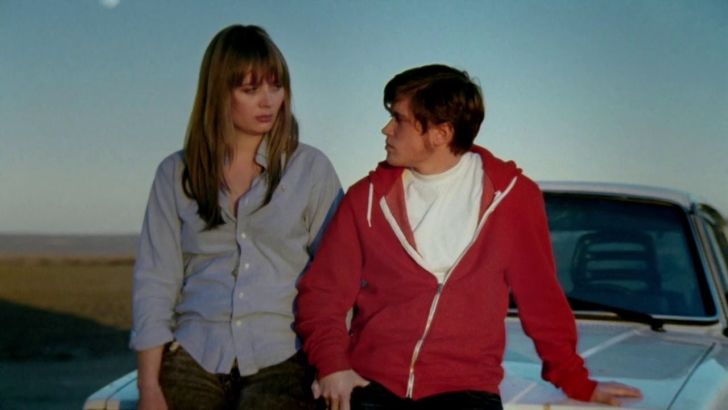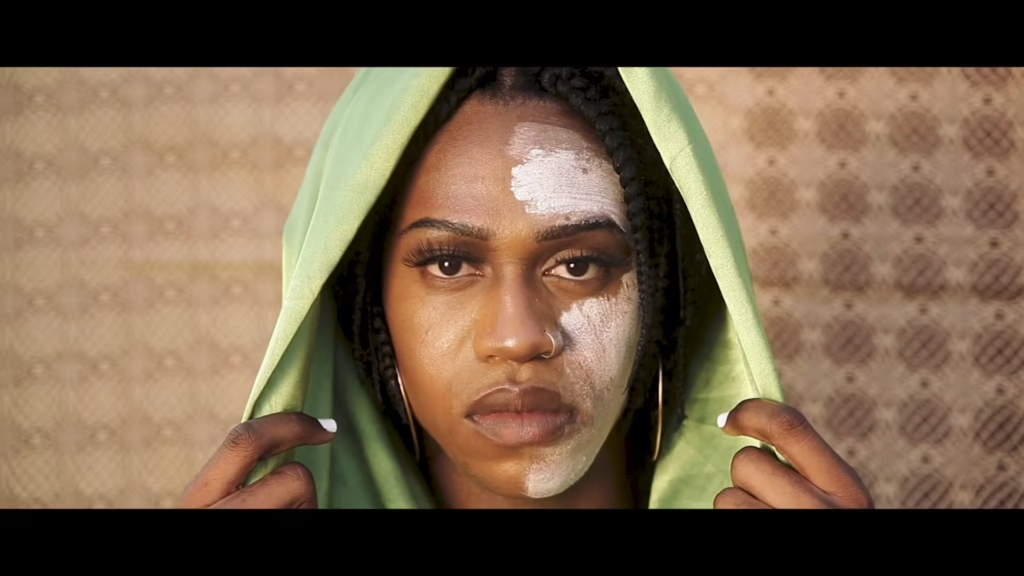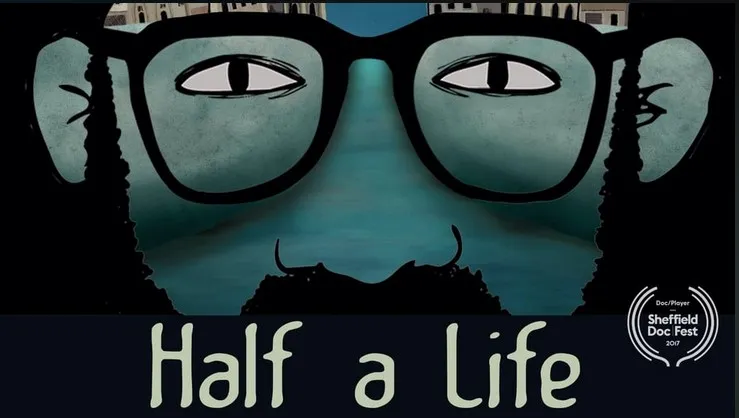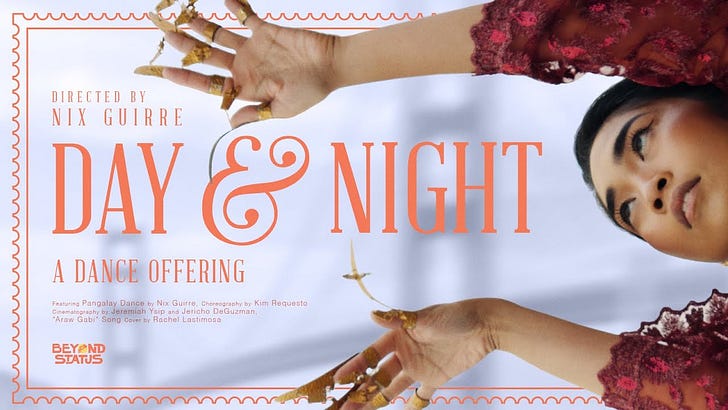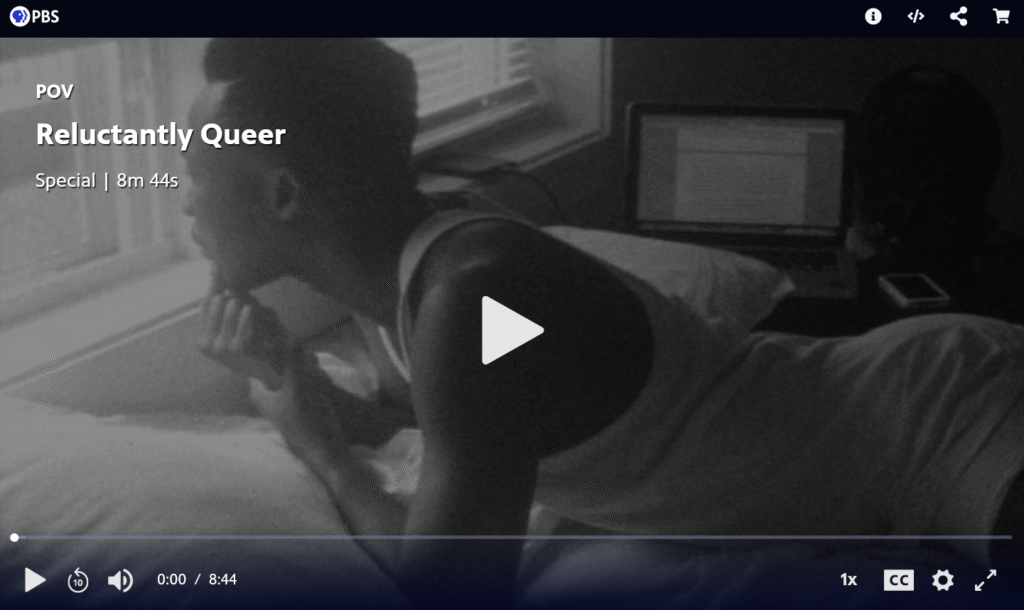Four short films depict different dimensions of queer desire
It would be reductive, I think, to say that queerness is defined by who we desire. But one of my many interpretations of queerness is that it is defined by how we desire. Most of our societies force our desires for other people to be restricted; to operate within the bounds of cisheteronormativity, of patriarchy, of marriage, of procreative sex. Queerness is an upending of those expectations, letting us dictate how we experience desire in our lives – romantically, sexually, queerplatonically – including when we don’t experience it at all. (Incidentally, I would have loved to include a film specifically about ace or aro types of desire this week, but they are few and far between – if anyone has recommendations, please send them my way!)
This week’s films are not as fast-paced or dialogue-heavy as many that I have recommended before, but each is completely gripping in its own way: not a second of their time wasted, capturing the tension that comes from understanding your desire, seeing it mirrored in another person, and letting it unfold. And despite telling the stories of individuals, these all connect, whether explicitly or implicitly, to the way that our desires are political, that they impact the way we live in the world, how we are treated for our desires, and how we treat others.
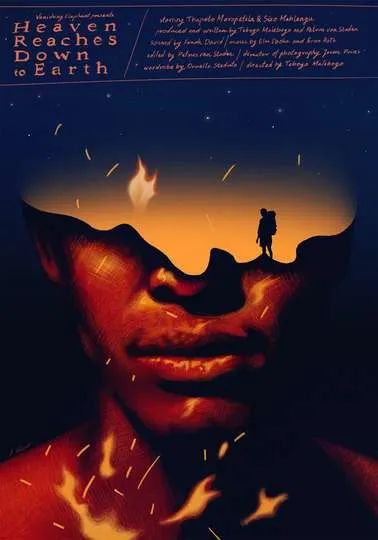
“We tried to put out the fire. The men…refused.”
Legodimo Le Kopana Le Lefatshe | Heaven Reaches Down to Earth, written and directed by Tebogo Malebogo, follows Tau and Tumelo, two friends backpacking together in South Africa’s Du Toitskloof Mountains. The film’s powerful narration, breathtaking landscapes, and haunting soundtrack keep us on edge as Tau comes to new realizations about their sexuality and relationship with Tumelo.
“Heaven Reaches Down to Earth was created during a spate of homophobic killings in our country,” said Malebogo about creating the film. “I was aware that the film would likely be viewed through this lens and believed it was always going to live in that context in my mind.” Though the film does not directly touch on this violence, its specter is felt in the very making of the film: lead actor Thapelo Maropefela was tragically and horrifically killed in a violent assault only months after the film was finished. The film is dedicated to his memory.
Legodimo Le Kopana Le Lefatshe | Heaven Reaches Down to Earth
“What if they were wrong? What if this fire that burns inside of us is really something divine?”
Paisa, written by Dorian Wood and directed by Wood and Graham Kolbeins, intercuts montages of brown queer and trans folks in nature with scenes of two lovers meeting in a motel, backed by spoken poetry and song. Desire and sexuality are both named and visualized in every setting: the lovers’ hands moving over each others’ skin, their curves and crevices of their bodies, parallel hands moving through dirt, through flowers plucked from tree branches.
Resistance against oppression is just as present in Paisa as desire is; one of the lovers wears a “Fuck ICE” shirt when they appear at the motel door. “We have been marginalized and painted into tight corners for far too long. But even in our darkest times, we make room to celebrate ourselves and others within our communities,” said Wood about the film. “With Paisa, I wanted to create a permanent reminder for us queer, trans and non-binary folks of color that our beauty stretches within and far beyond our times, in either direction.”
Paisa
Sisak, written and directed by Faraz Arif Ansari, has no spoken dialogue whatsoever. The premise is simple: two men who ride the same daily train make eye contact and find connection in each other. Not many things actually happen in Sisak, not in the way film plots usually rocket along, but I still found myself a little breathless after watching it for the first time, the tension and anticipation exquisite throughout.
Like Heaven Reaches Down to Earth, Sisak is a simple story of two people, but it too is framed by the political context around being queer in India – this time explicitly referring in the original end credits to Section 377 of the Indian Penal Code, which criminalized homosexuality. More recently the film has been updated to reflect that the Indian Supreme Court repealed Section 377 in 2018. “How can any law in the world take away the right from someone to love someone silently?” said Ansari when asked about the lack of dialogue in the film. “Silence is the loudest and that is why Sisak had to be a silent film. It is a silent revolution.”
Sisak
“The queen refuses to get out of bed today.”
Goddess House, written and directed by Marion Hoàng Ngọc Hill, begins with this pronouncement, made by one of the queen’s followers to her other concerned subjects. How will they help their queen get out of bed? They summon a courtesan named Nondi, and await to see whether Nondi can help where others have failed.
Desire in Goddess House is playful, healing, and affirming; it also exists in the context of sex work as both sex and work, equally. Interestingly, Goddess House also appears to be, or have been, a “a collective lead by femmes of color seeking to create intentional, artistic communing space for undercentered voices” in New Orleans, according to their Instagram, which links to the film as well. Unfortunately, their social media has not been active since early 2020.
Goddess House




